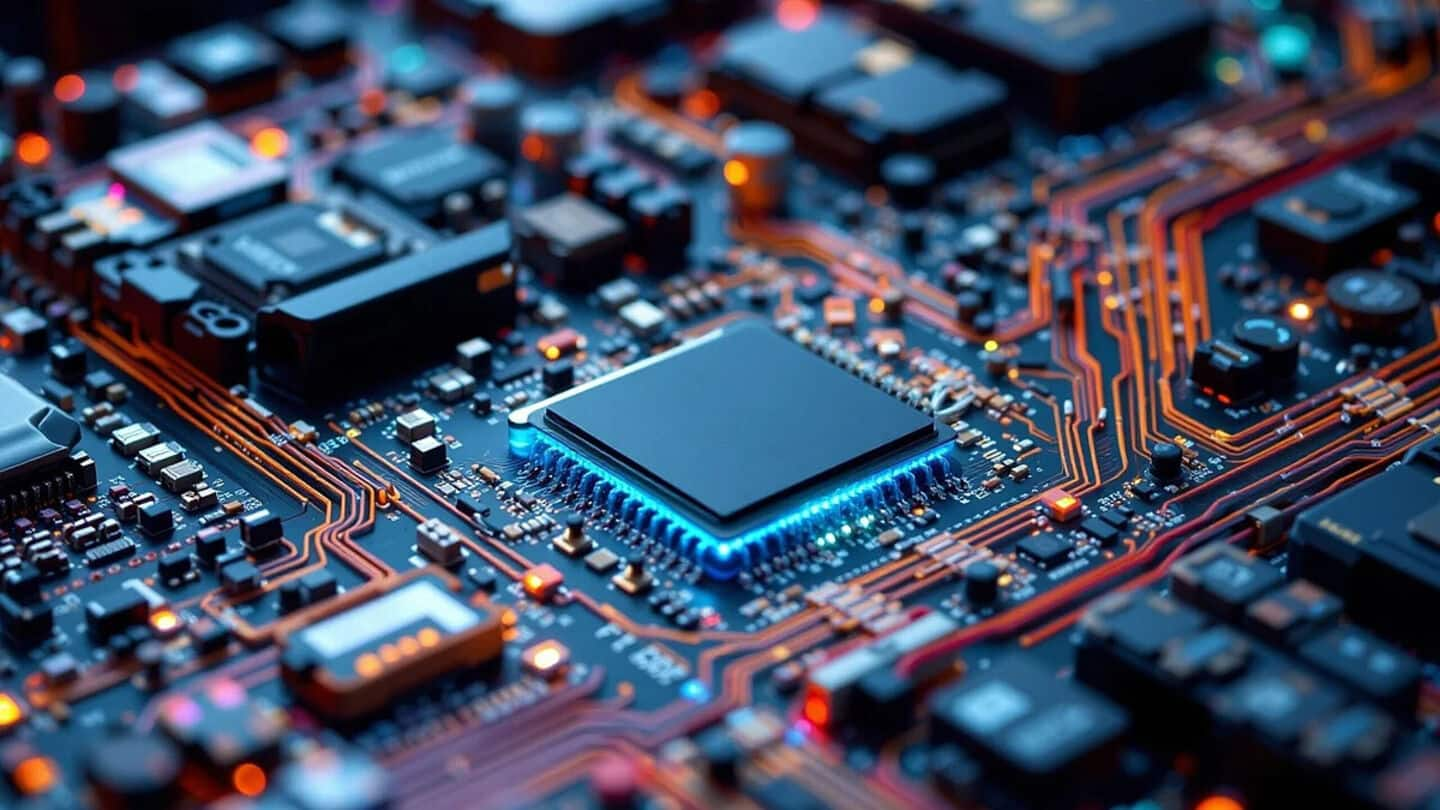
India to clear more semiconductor projects
What's the story
India is gearing up to approve two to three more semiconductor projects, using the remaining funds from its ₹76,000 crore Semicon 1.0 program. The move comes as talks with the Finance Ministry over a new framework for Semicon 2.0 heat up. S Krishnan, Secretary at the Ministry of Electronics and Information Technology (MeitY), revealed that almost all funds under this first phase have been allocated.
Fund distribution
₹65,000 crore fab allocation under Semicon 1.0
Under the original Semicon 1.0 program, ₹65,000 crore was allocated for fabs, ₹10,000 crore for the Semiconductor Laboratory in Mohali, and ₹1,000 crore for the Design-Linked Incentive (DLI) scheme. So far, around ₹63,000 crore has been committed to fabs alone, with 10 projects cleared at different implementation stages. Krishnan said that by this year-end, we should see the first commercially India-made chips coming out of these facilities being built now.
Innovation push
Start-ups and academia lead India's semiconductor design efforts
India's initial strides in semiconductors have been largely driven by start-ups and academia focusing on chip design. Krishnan noted that start-ups in this space are mostly focused on design. He also highlighted MeitY's Chips to Startups program, which gives access to advanced EDA and design tools. Currently, around 280 academic institutions and 72 start-ups are using these tools as part of their innovative efforts.
Event spotlight
SEMICON India 2025 to see massive scale-up
The upcoming SEMICON India 2025, to be inaugurated by Prime Minister Narendra Modi on September 2 at Yashobhoomi, Delhi, will witness a massive increase in scale compared to last year. Krishnan said delegates from 33 countries and over 50 CXOs are expected to attend, with about 350 exhibitors participating. This year's event will also feature four country pavilions and six specific country round tables.
Resilience strategy
Official remains optimistic on potential tariff disruptions
Responding to concerns over potential disruptions from tariffs or geopolitical supply chain pressures, Krishnan remained optimistic. He emphasized that India is still in a zero-tariff regime for electronics and companies have assured no major disruption due to their investments. "The technology doesn't come from only one country. We look at a diversified set of countries from which we can draw technology," he explained, assuring minor blips won't threaten the progress of India's Semiconductor Mission or other programs.